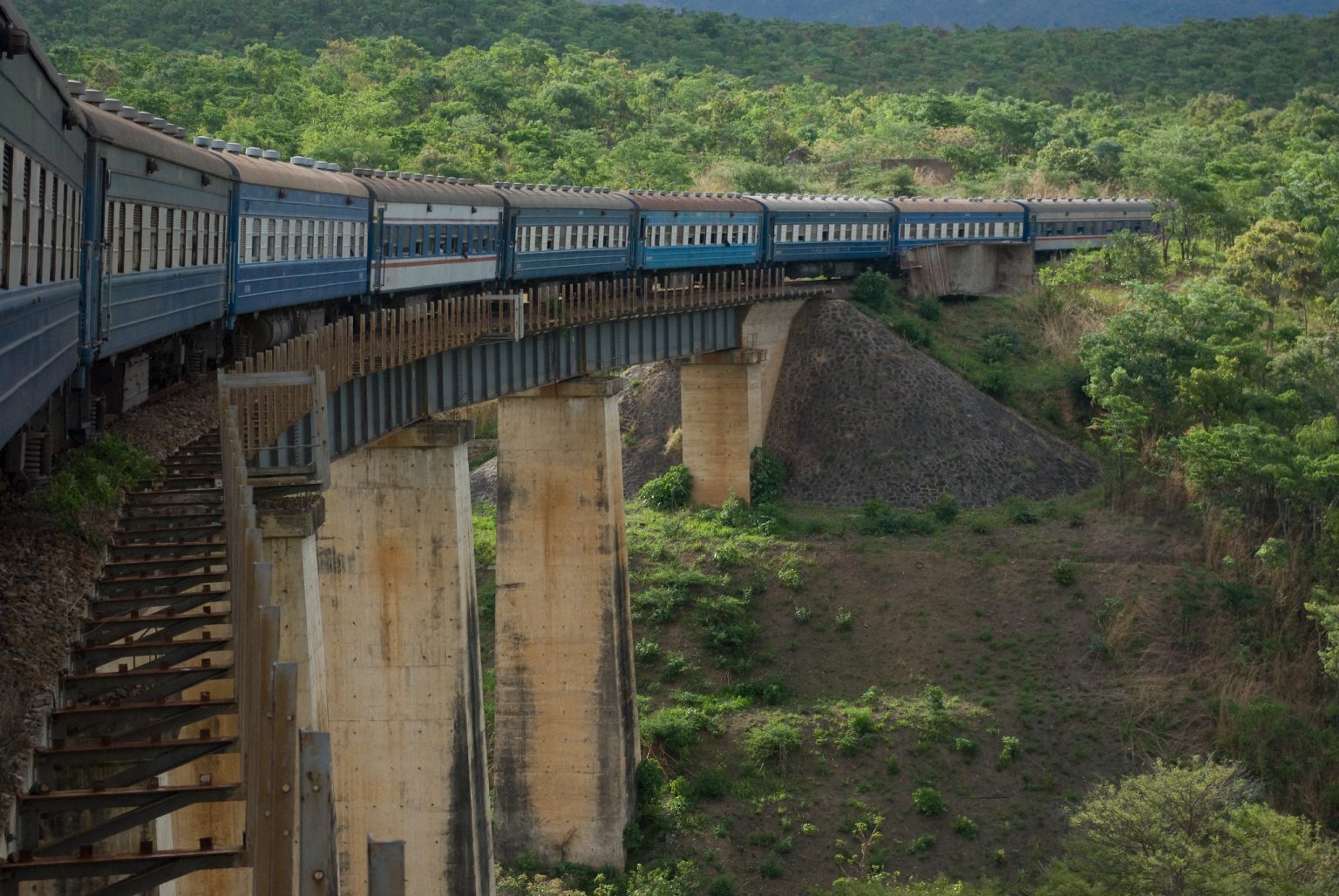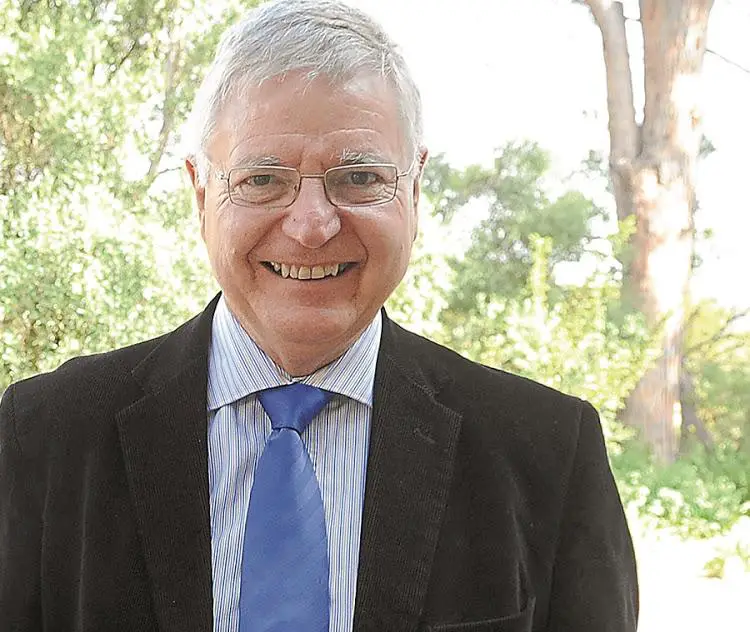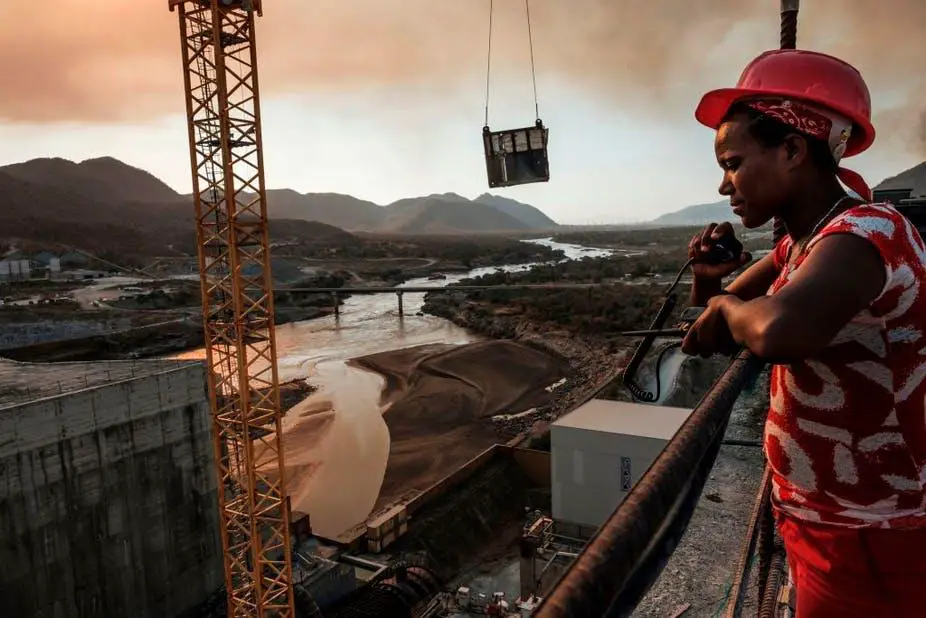- Kenya-Ethiopia Trade Relations: Legislators Advocate for Policy Alignment to Boost Ties
- Visualising the state of debt in Africa 2024
- Abu Dhabi radiates optimism as over 300 startups join AIM Congress 2024
- TLcom Capital Raises $154 million in Funding to Boost Its African Growth
- Africa’s $824Bn debt, resource-backed opaque loans slowing growth — AfDB
- LB Investment brings $1.2 trillion portfolio display to AIM Congress spotlight
- AmCham Summit kicks off, setting course for robust future of US-East Africa trade ties
- Why the UN is raising the red flag on the UK-Rwanda asylum treaty
Author: The Exchange
- We provide economic news and analysis on the investment arena in Africa, with a particular interest in doing business. Our key areas of focus include banking, capital markets, energy, mining, manufacturing and industrial development.
Zambia – Tanzania relations
It’s no secret that Zambia’s economic situation has gone from bad to worse over the years. In mid-2018 the country’s debt reached 9.4 billion USD and has become worse as we stand in 2020, in just a period of 2 years (Ofstad & Tjønneland, 2019).
In May 2020, the Tanzania-Zambia borders were closed due to the pandemic, however, the reopening of trade between the two countries seems to be normalized as nations are now gung-ho in pushing cross border trade.
Zambia’s Economic Snapshot
source: tradingeconomics.com
The graph above shows Zambia’s development from the year 1990 to the year 2019. The country’s economy improved from the year 2011 to the year 2018, as one can see the national GDP output increasing as a result of its healthy inflation rate. In 2019 the country’s economy took a dive and started to falter given that it’s inflation rate …
On October 1st, the re-opening of the Zimbabwe border will enable cross-border trade between the majority of Zimbabwe’s SME’s, enabling access to goods from South Africa.
Faced with the drastic impact of Covid–19, Zimbabwe is finally re-emerging from a state of complete lockdown.
Only recently, Zimbabwean authorities have started reopening the economy in stages, as the country grapples to create economic momentum. A day after the Zimbabwe recorded a rise in COVID-19 recoveries on the 15th of September 2020, the Information Minister Monica Mutsvangwa announced a raft of relaxation protocols. Business operating hours where extended to 18:30 pm up from 16:30 pm, the national imposed curfew was reduced from 6pm -6am to 8pm – 6am.
The government went further and approved the resumption of inter-city travel in a move to open up the economy following nearly six months of restrictions due to …
Zimbabwe has over the years made headlines for many reasons politically and economically. The country has undergone severe hyperinflation, dollarization, de-dollarization, and recently pseudo re-dollarization. The capital markets have not been spared by this financial rollercoaster as evidenced by the little financial capital raised on the Zimbabwe Stock Exchange. Plans are at advanced stages for a new bourse to be based in Victoria Falls.
Understanding Zimbabwe’s Currency Matters and its impact on stocks
At the height of Zimbabwe’s economic crises, ordinary citizens became poor trillionaires and many corporates shut down or halted operations as they failed to cope with the situation. In 2009 the introduction of the multicurrency regime ushered in a period of stability that saw relative economic progression.
Companies and individuals could plan and work towards specific targeted goals that had been impossible in the hyperinflationary period. The multicurrency regime was abandoned …
The African art market has been on an exponential upward growth trajectory prior to the Covid-19 pandemic, but most recently is teetering on the brink of a precipice, thrusting many artists in a conundrum; the status quo, only to be likened to painting a hollow canvas. According to the Clare McAndrew’s report, ‘The Art Market 2020’,90% of art dealers had projected an increase in sales, heading into 2020, but the global pandemic has been diminishing this optimism and momentum. The latest Art Basel and UBS Global Art Market Report, indicates that global art sales achieved a total of $64.1 billion in 2019, 5% decrease from the 67.4 billion of 2018.
The African art scene has long remained unseen, but the last five years have been profoundly fundamental in the growth of this budding industry. It has brought about a renaissance; crossing over a …
The role played by education in addressing some of the challenges faced on the African continent cannot be underplayed. Not only does a good education have the capacity to improve individual livelihoods but also economic progression at a macro level.
The majority of the continent grapples with similar challenges including, poverty, exclusion, wars, HIV/AIDS, poor infrastructure among others. It stands to reason that there is a critical need for investing in Africa’s education to begin to make strides in addressing some of these issues.
While education can be considered a social service and therefore a government-related key result area, there is scope for non-government entities in the education sector.
Also Read: Future of Work: Africa should rethink its education, skills
The Business of Education in Africa.
According to UNESCO, Sub-Saharan Africa has the highest rate of education exclusion in the world. More than 20% of children …
The World Bank, in 2020, announced that the Nigerian economic may see a dip into recession, the worst the African country has seen in 40 years. This was largely due to the effects of the fall in the global price of oil, a commodity the nation‘s economy is heavily reliant on, and the outbreak of the COVID-19 pandemic, that nearly crippled not just Nigeria’s, but the global economy.
But these challenges were not the only catalysts for Nigeria’s imminent recession, issues around insecurity, infrastructural deficit, trade barriers, and power supply challenges all form a crude mix that has managed to drive the country down this very path.
Since the election of the Buhari’s administration in 2015, a lot more focus has been placed on driving local content and boosting local production, particularly in the agriculture sector. This was also in line to make the Nigerian economy …
In a 2019 Human Development Index1 (HDI) issued by the UNDP, countries with low human development include Liberia, Guinea Bissau, Sudan, Niger, Nigeria, Mauritania, Lesotho, Senegal, Togo etc. The Human Development Index is measured through three dimensions: long and healthy life, access to knowledge and decent standard of living. The major importance of the HDI is to enable countries to calculate the overall level of development and what sectors in the economy need more funding and attention. What this means is that countries with low HDI tend to suffer with high rate of unemployment, low Foreign Direct Investments (FDI), high mortality rate, poor infrastructures and so on. The key importance of the HDI is to drive economic diversification and economic growth. Beyond economic growth, it is also important to adopt development strategies that would solve the issue of social needs and increase inflow of investments.
A major reason …
During the last decade much has been said about the urgency to develop the African agricultural sector to meet the increasing need for food security across the continent. Frequently it is stressed that Africa largely missed the “Green Revolution” since the continent’s agriculture sector did not transform into an intensive arena with modern technologies to increase the crop yield significantly1.
Until today the East African agricultural sector is dominated for 75% by smallholder farmers that apply low farming inputs, traditional technologies and methods, while agriculture remains the backbone of the economy2. This article discusses a reason for optimism, and how a circular economy (aims close the loop of resources through the establishment of restorative and regenerative systems), can contribute to food security and food productivity in East Africa.
Also Read: Food security: Opening markets for smallholder farmers
Africa missed the Green revolution; an opportunity to implement …
South African billionaire Michiel Le Roux.
Michiel Le Roux is a South African entrepreneur and founder of Capitec Bank in which he owns about 11 percent stake.
Founded in 2001 the bank is listed and trades on the Johannesburg Stock Exchange. Capitec bank targets South Africa’s emerging middle class and is thus far one of Africa’s most successful banks.
Le Roux has served as the bank’s board chairman from 2007 to 2016 and now continues to be a board member and is renowned to be one of SA’s billionaires.
He is a seasoned banker and financial enthusiast having previously run the Boland Bank, a regional bank in Cape Town.

The Bank is now one of the most notable financial institutions in the country and according to the Solidarity Research Institute report of 2015, Capitec Bank is described as the cheapest bank in South Africa.
A good description of a targeted …
The Ethiopian Grand Renaissance Dam is inching closer to completion, rekindling the environmental and political controversies that have dogged the project from the start nearly 10 years ago. In addition, recent satellite images show a steady increase in the amount of water being held back by the new mega dam. Mahemud Tekuya explains what’s at stake.
The current dispute over the Grand Ethiopian Renaissance Dam is directly linked to colonial-era Nile treaties. During the scramble for Africa, controlling the source of the Nile was a major colonial goal for the British. In 1902, the UK and Ethiopia concluded the Anglo-Ethiopian Treaty in which Ethiopia agreed not to arrest or totally block the flow of the Nile.
Then there was the Anglo-Egyptian Treaty signed in 1929. This was between the British (on behalf of its colonies, Sudan, Kenya, Tanzania and Uganda) and Egypt. The treaty prevented British East African colonies …







